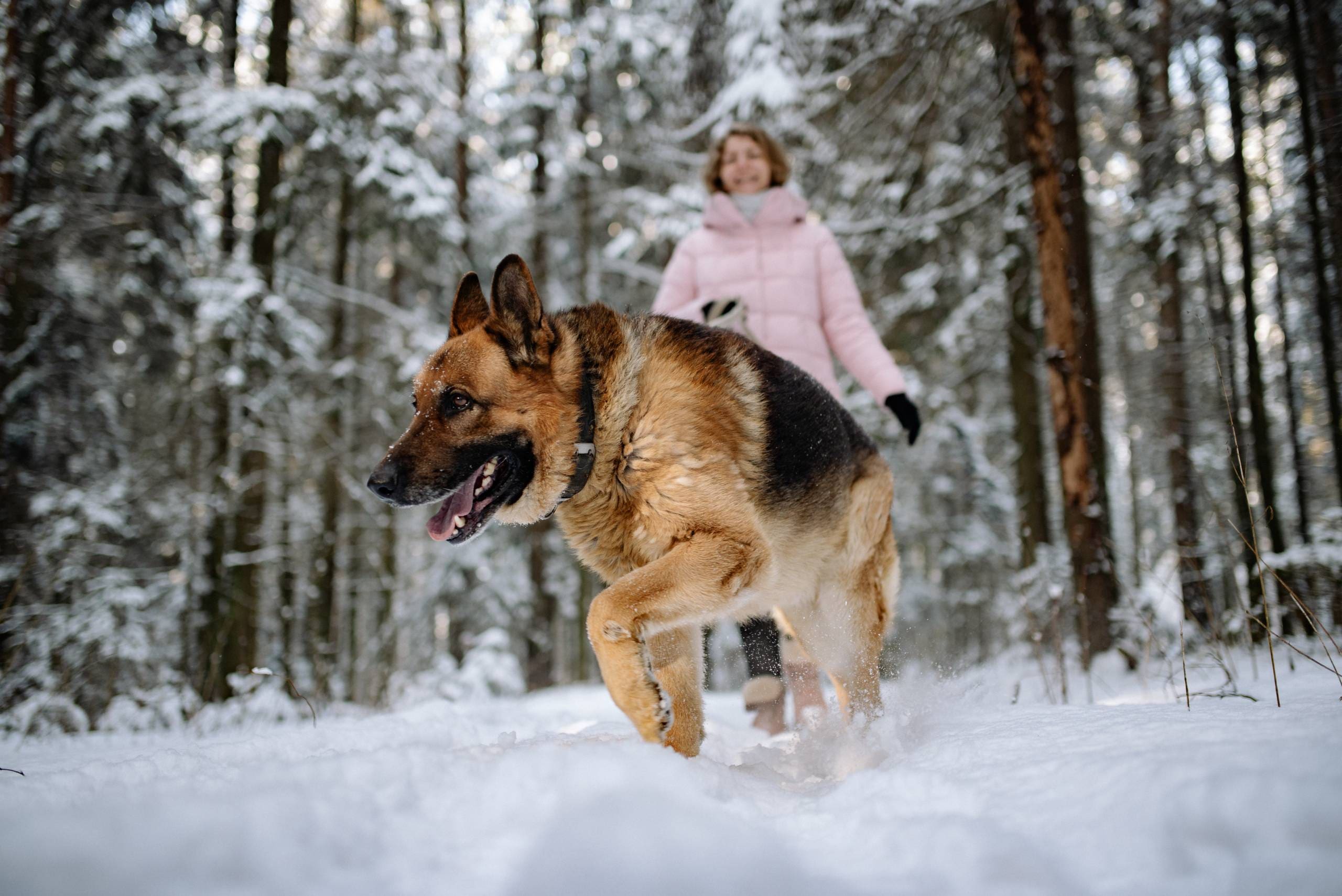The appeal of wolf dogs is strong, captivating many dog enthusiasts with their striking looks and wild ancestry. However, before making the leap into wolf dog ownership, it’s essential to grasp the associated costs.
Price Range and Influencing Factors
Wolf dogs, a cross between domestic dogs and wolves, come with a range of challenges and responsibilities. Their price can vary significantly based on several factors, including lineage, breeder reputation, and geographical location. On average, a wolf dog may cost anywhere from $1,000 to $3,000 or even more. This initial investment is just the starting point of a more extensive financial commitment.
The pedigree of the wolf dog plays a significant role in determining its cost. Reputable breeders who prioritize responsible breeding practices and genetic health typically charge more for their puppies. A well-bred wolf dog that has received proper socialization and care will generally command a higher price than one from a less credible source. Furthermore, the wolf percentage in the dog’s lineage directly impacts its cost; higher-content wolf dogs, which closely resemble their wild ancestors, often come with a steeper price tag.
Regional Variations and Legal Considerations
Location significantly influences the price of wolf dogs. In some states, these hybrids are legal and relatively easy to find, while in others, they may face restrictions or outright bans. Such legal variations can drive prices higher in areas where obtaining a wolf dog is more challenging. Additionally, fluctuating demand in different regions can further affect the average price.
Ongoing Costs of Care
The purchase price is merely the beginning. Like any pet, wolf dogs require food, veterinary care, and training, which can lead to substantial ongoing expenses. Quality dog food, especially for larger or more active breeds, can be pricey. Regular veterinary visits, vaccinations, and potential emergency care must also be factored into the budget. Moreover, wolf dogs often need specialized training to ensure they are well-behaved and properly socialized, which can add to the overall cost.
Special Needs and Living Arrangements
Wolf dogs have specific needs that may exceed those of typical domestic breeds. They often require more space and exercise, necessitating a large, securely fenced yard for safety and proper activity. Those living in urban areas may face increased costs associated with finding suitable accommodation. Owners may also need to invest in additional training or enrichment activities to keep their wolf dogs mentally and physically stimulated.
Health Considerations
Health care is another crucial element of wolf dog ownership. These animals can be prone to certain health issues based on their genetics. Regular check-ups and preventive care are essential for their well-being, especially for those with a high percentage of wolf ancestry, who may have unique health considerations compared to traditional domestic breeds.
Commitment and Responsibilities
The emotional and time investment required to raise a wolf dog can be as significant as the financial aspect. Known for their strong instincts and distinct behaviors, these dogs demand dedicated training and socialization from an early age to develop into well-adjusted companions. Owners must be ready to invest time in understanding their needs and behaviors, which can differ markedly from those of conventional dog breeds.
Finding a Reputable Breeder or Adoption Option
If you determine that a wolf dog is suitable for your lifestyle, finding a reputable breeder is crucial. Seek breeders who prioritize the health and well-being of their animals and can provide documentation of the dog’s lineage and health clearances. Visiting the breeder’s facility and meeting the puppies’ parents can offer valuable insights into their upbringing and temperament.
Alternatively, consider adopting a wolf dog from a rescue organization or shelter. While this option may be less common, there are organizations dedicated to finding homes for wolf dog hybrids. Adoption can be a more cost-effective solution and provides a loving home for an animal in need. As with purchasing, it’s vital to assess the dog’s needs and history to ensure a suitable match for your lifestyle.
A Responsible Approach to Ownership
The question of how much a wolf dog costs prompts a broader discussion about the responsibilities of ownership. The financial aspect is just one part of the equation. Potential owners should carefully evaluate all facets of wolf dog ownership, including space, time, and emotional investment.
Owning a wolf dog can be a fulfilling experience for those who are adequately prepared. A thoughtful approach, coupled with thorough research, can lead to a rewarding life for both the owner and the wolf dog.



